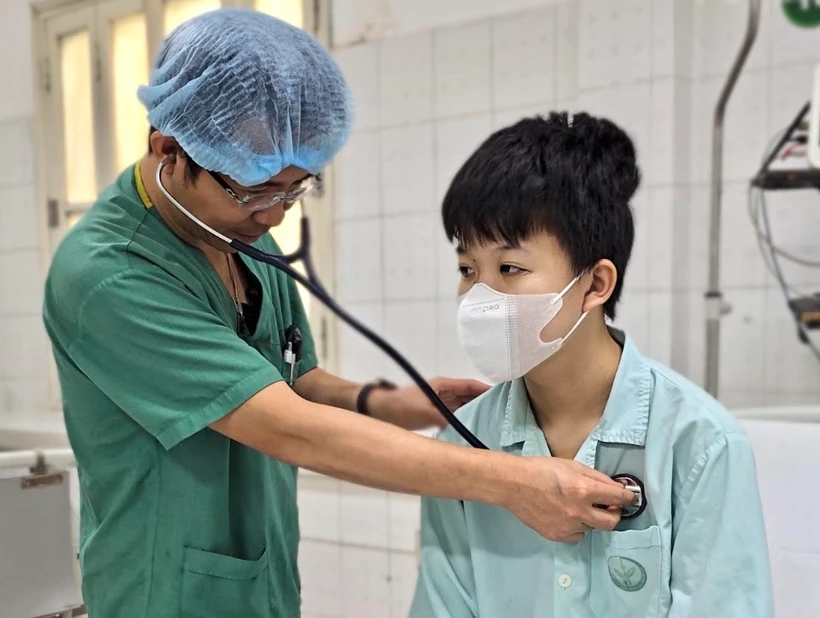
In the study, published in JAMA, 19 children received heart valves from donors. The youngest patient was just 2 days old, while the rest were under 16. Results of an average follow-up of 6 months showed that all the transplanted valves functioned normally and continued to develop in parallel with the natural development of the child's body.
According to Dr. Joseph Turek, head of the research team, the outstanding advantage of this method is that the new heart valves not only ensure good function, but also require less immunosuppressive drugs than a total heart transplant.
“This study shows that partial heart transplantation is not only a medical success, but also a flexible option that can be applied to many different cardiovascular diseases. This is really great news for children and their families,” he emphasized.
In many cases, doctors have performed a technique called “domino transplant,” meaning that children who need a full heart transplant due to non-valve-related diseases will donate their old, functioning heart valves to patients who only need a partial transplant.
To date, there have been no cases requiring additional surgical intervention on the newly transplanted heart valve, nor have there been any serious complications related to immunosuppressive drugs.
However, the researchers said more time is needed to determine the long-term effectiveness of this method. They stated that partial heart transplantation “is not a panacea, but it is a promising step forward, opening up a new direction in the treatment of congenital heart valve defects.
Source: https://baohaiphong.vn/hy-vong-moi-cho-tre-di-tat-van-tim-bam-sinh-519628.html



![[Photo] Solemn reception to celebrate the 80th anniversary of the National Day of the Socialist Republic of Vietnam](https://vphoto.vietnam.vn/thumb/1200x675/vietnam/resource/IMAGE/2025/9/1/e86d78396477453cbfab255db1e2bdb1)
![[Photo] General Secretary receives heads of political party delegations from countries attending the 80th anniversary of our country's National Day](https://vphoto.vietnam.vn/thumb/1200x675/vietnam/resource/IMAGE/2025/9/1/ad0cb56026294afcae85480562c2e790)
![[Photo] Chu Dau Ceramics – Proud of Vietnamese identity at Exhibition A80](https://vphoto.vietnam.vn/thumb/1200x675/vietnam/resource/IMAGE/2025/9/1/c62ab2fc69664657b3f03bea2c59c90e)
![[Photo] Celebration of the 65th Anniversary of the Establishment of Diplomatic Relations between Vietnam and Cuba](https://vphoto.vietnam.vn/thumb/1200x675/vietnam/resource/IMAGE/2025/9/1/0ed159f3f19344e497ab652956b15cca)
![[Photo] National Assembly Chairman Tran Thanh Man receives Cambodian Senate President Hun Sen](https://vphoto.vietnam.vn/thumb/1200x675/vietnam/resource/IMAGE/2025/9/1/7a90c9b1c1484321bbb0fadceef6559b)
![[Photo] People eagerly wait all night for the parade on the morning of September 2](https://vphoto.vietnam.vn/thumb/1200x675/vietnam/resource/IMAGE/2025/9/1/0cf8423e8a4e454094f0bace35c9a392)
















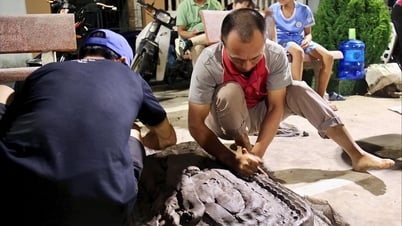

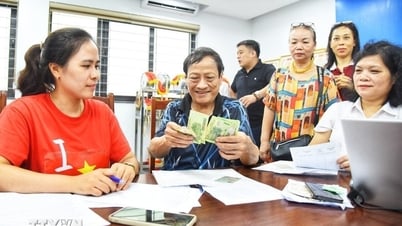
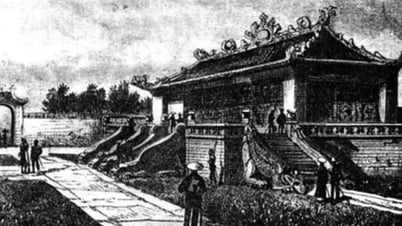

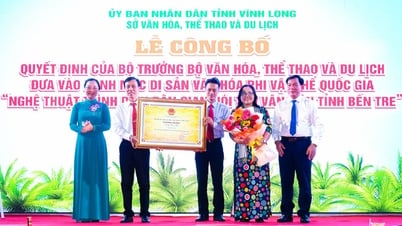










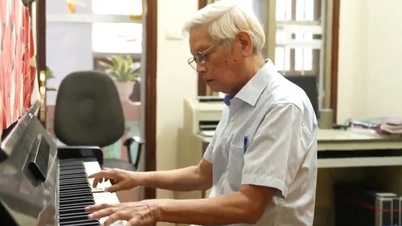
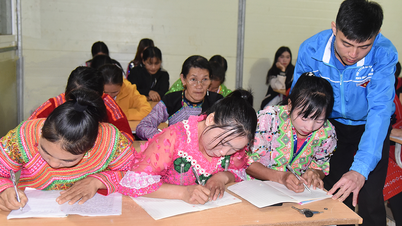



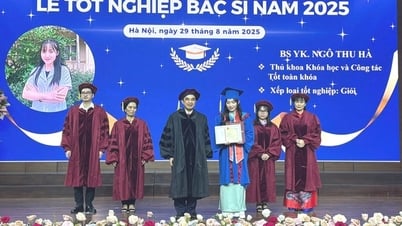













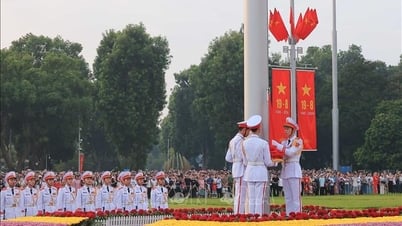




















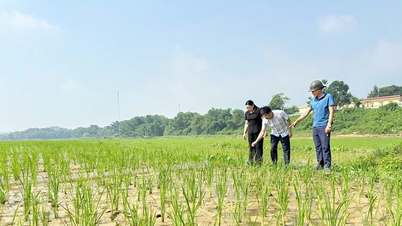

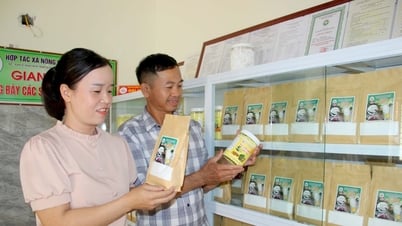
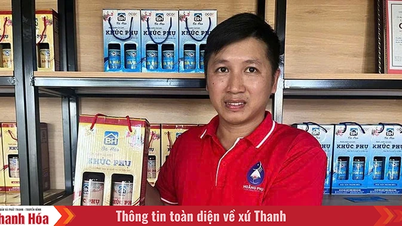

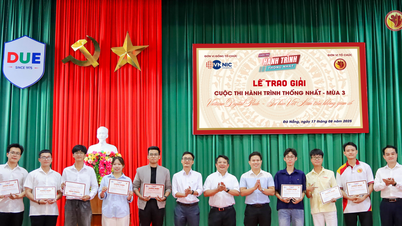




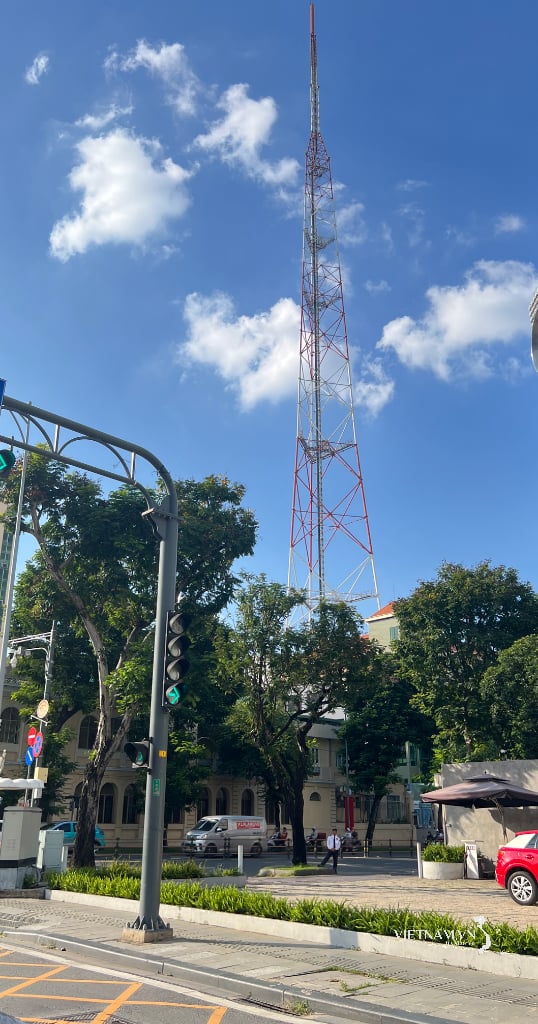



Comment (0)